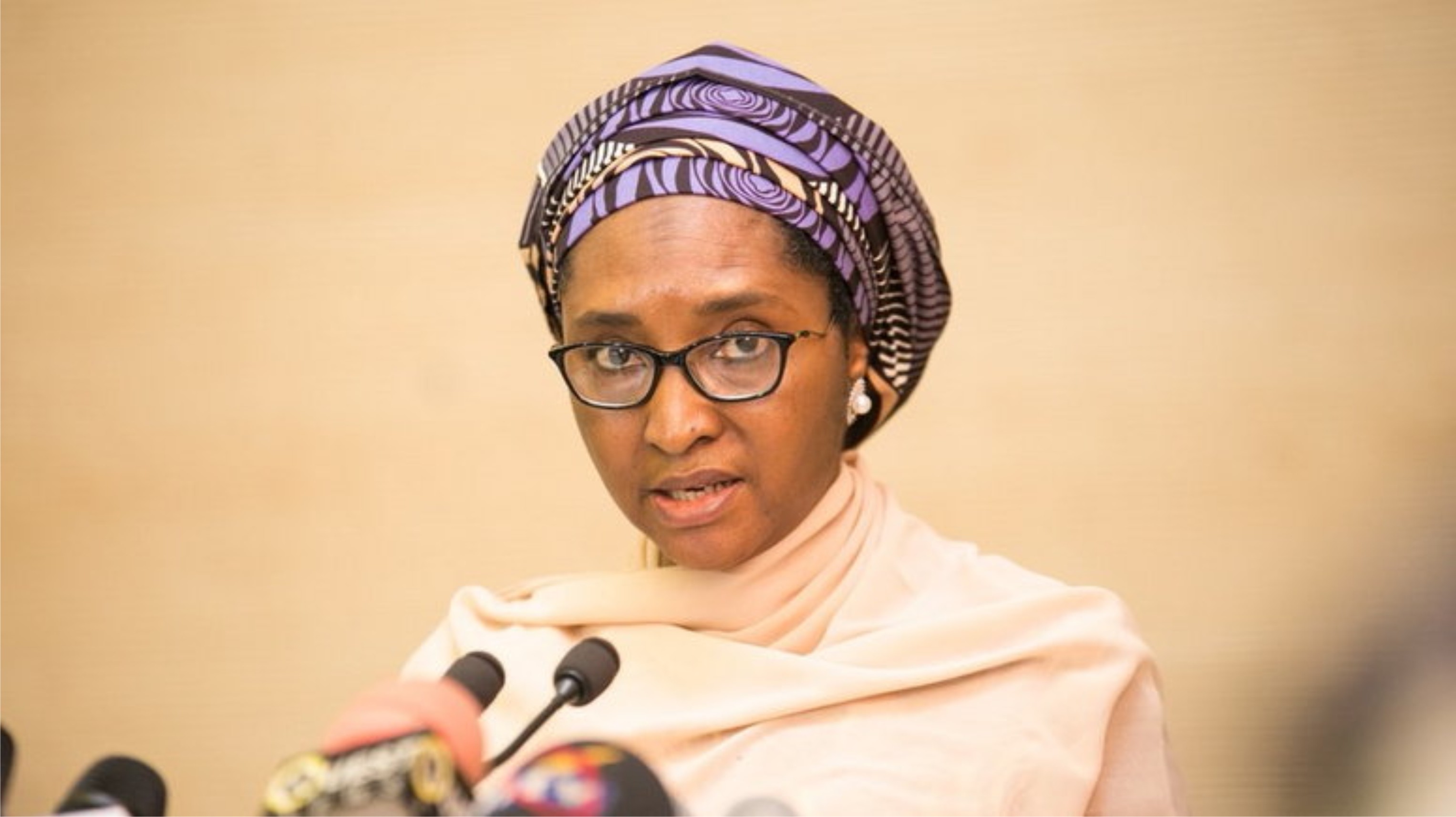Business
2020 Budget Review Due To Impact Of Coronavirus – Zainab Ahmed

Minister of Finance, Zainab Ahmed, says the regime may review the approved 2020 budget over the economic impact of coronavirus.
The 2020 budget of N10.59 trillion was passed by the national assembly on December 5, 2019, and signed into law by President Muhammadu Buhari on December 17.
The budget was based on the crude oil benchmark of $57 per barrel with a production capacity of 2.1 million barrels per day.
But the virus, which has spread through 64 countries, has negatively affected the price of crude oil, Nigeria’s major source of revenue.
Speaking with journalists at the end of the federal executive council meeting on Wednesday, the minister said there were concerns over the spread of the disease as it had an economic impact.
She said crude oil production was now between two million and 2.1 million barrels per day, which was below the benchmark on which the budget was prepared.
Ahmed said a review will be done to determine if a budget adjustment will be enforced.
“We are concerned because it does have an impact on revenue and at the current crude oil price of $53 is below the budget benchmark. What we are doing is that we are studying the situation and when the budget was passed we committed to do a midterm review,” she said.
“We will do the midterm review and if the revenues are so significantly affected, we will have to do some revisions in the budget by way of budget adjustment.
“I will want to inform you that the crude production is now at 2 million barrels per day and in some days it has moved up to 2.1 million barrels per day so that in itself will be a cushion.
“All the same we are not taking any measures now until we have a reasonable period to make a review and then we may need to make an adjustment of the budget through working together with the national assembly.”
The minister also said the council approved the memo for the issuance of a sovereign guarantee for the Ajaokuta- Kaduna-Kano pipeline.
She said the memo was jointly presented by her ministry and the ministry of petroleum resources.
Also addressing journalists, Minister of Science and Technology, Ogbonnaya Onu, said the US was currently conducting tests on the chemical compound discovered by Maurice Iwu, a former chairman of the Independent National Electoral Commission (INEC), as a potential cure for coronavirus.
Although the new coronavirus, named COVID-19, first broke out in Wuhan, China, in December 2019, Iwu, the Chief Executive Officer of Bioresources Institute of Nigeria (BION), a research organisation, said his team had worked on solutions to coronaviruses, such as Coronavirus SARS, since 2015.
“They are testing it in the US to confirm whether this could be a cure for Covid-19 or SARS,” he said.
Business
Fidelity Bank To Empower Women With Sustainable Entrepreneurship Skills, HAP2.0
Business
President Tinubu Approves Extension Ban On Raw Shea Nut Export
Business
Crisis Response: EU-project Delivers New Vet. Clinic To Katsina Govt.
-

 Sports5 days ago
Sports5 days agoNSC eyes international hosting rights
-

 Sports5 days ago
Sports5 days agoNSC pledges support for power sector workers’ Games
-
City Crime5 days ago
NCSU Hails Fubara Over 2025 New Telegraph Man Of The Year Award
-
Nation5 days ago
Nigeria Risks Drifting Without Strong Education Policies-Don
-
Nation5 days ago
Ex-UNIPORT SUG Leaders Organise Symposium In Honour Of VC
-
Nation5 days ago
Council Chairman Reconstitutes Revenue, Anti-Illegal Trading Committees To Boost IGR
-

 Education4 days ago
Education4 days agoElga boss tasks law students on academics strides
-

 News24 hours ago
News24 hours agoAmend Constitution To Accommodate State Police, Tinubu Tells Senators

